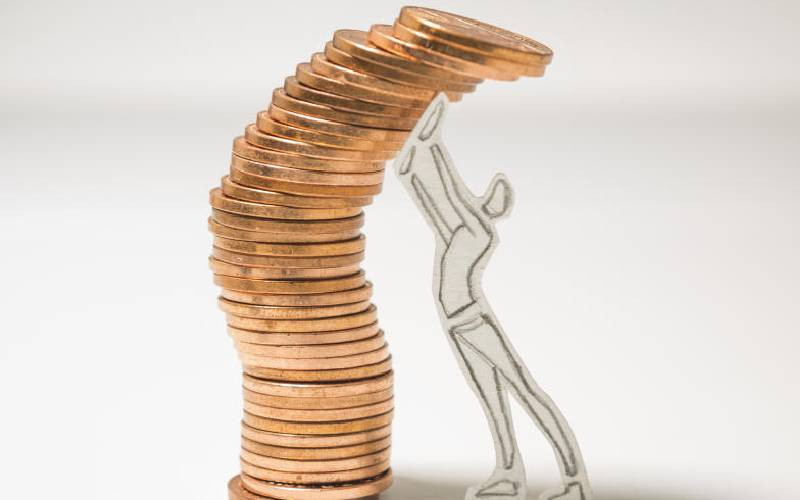×
The Standard e-Paper
Fearless, Trusted News

Societies get judged by how they treat their most vulnerable. And on this measure, our society falls short. Consider the story of Zipporah Muteti of Makueni County.
According to news reports, on May 29, 2024 Ms Muteti was locked in a cell with her 18-month-old baby.